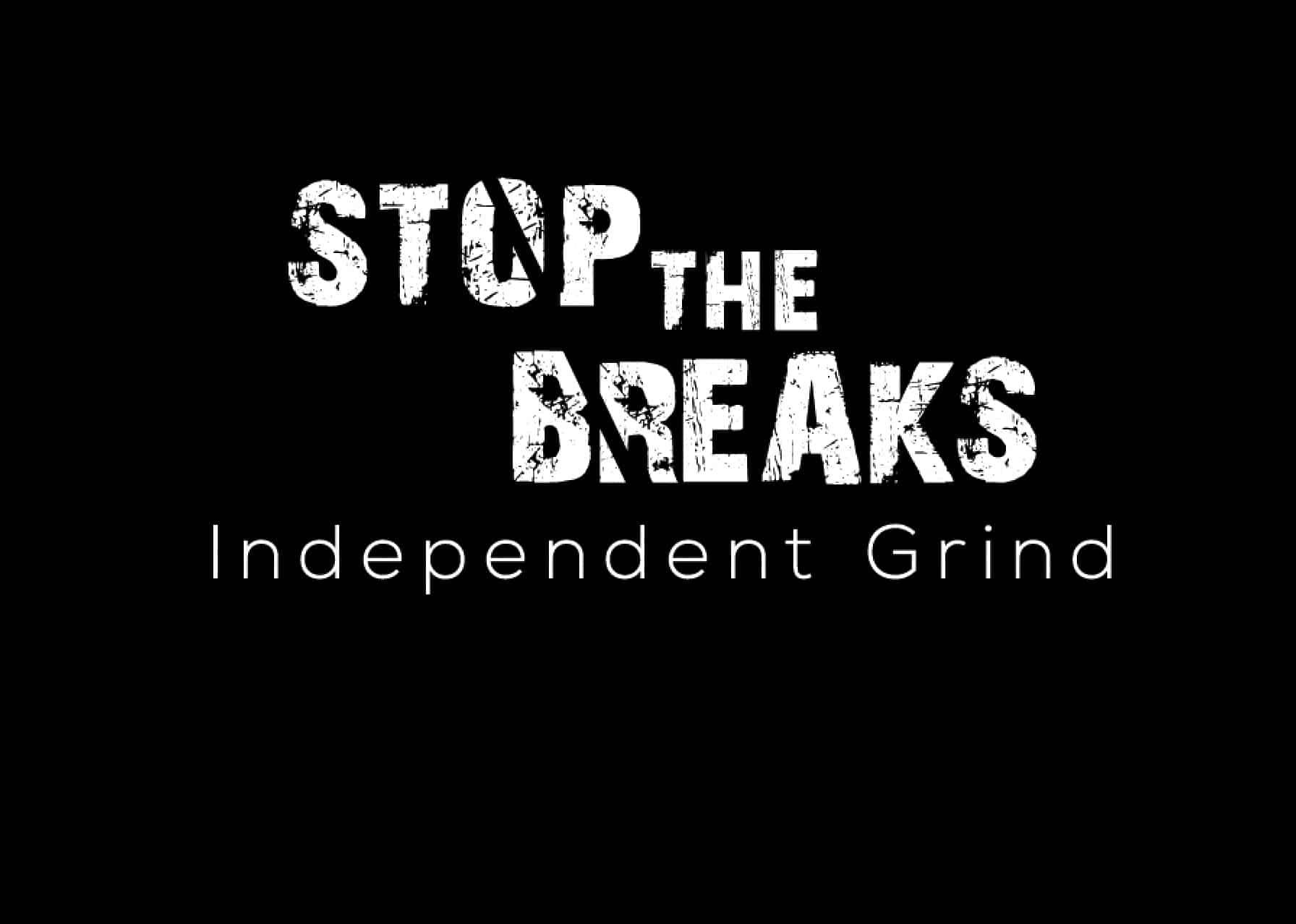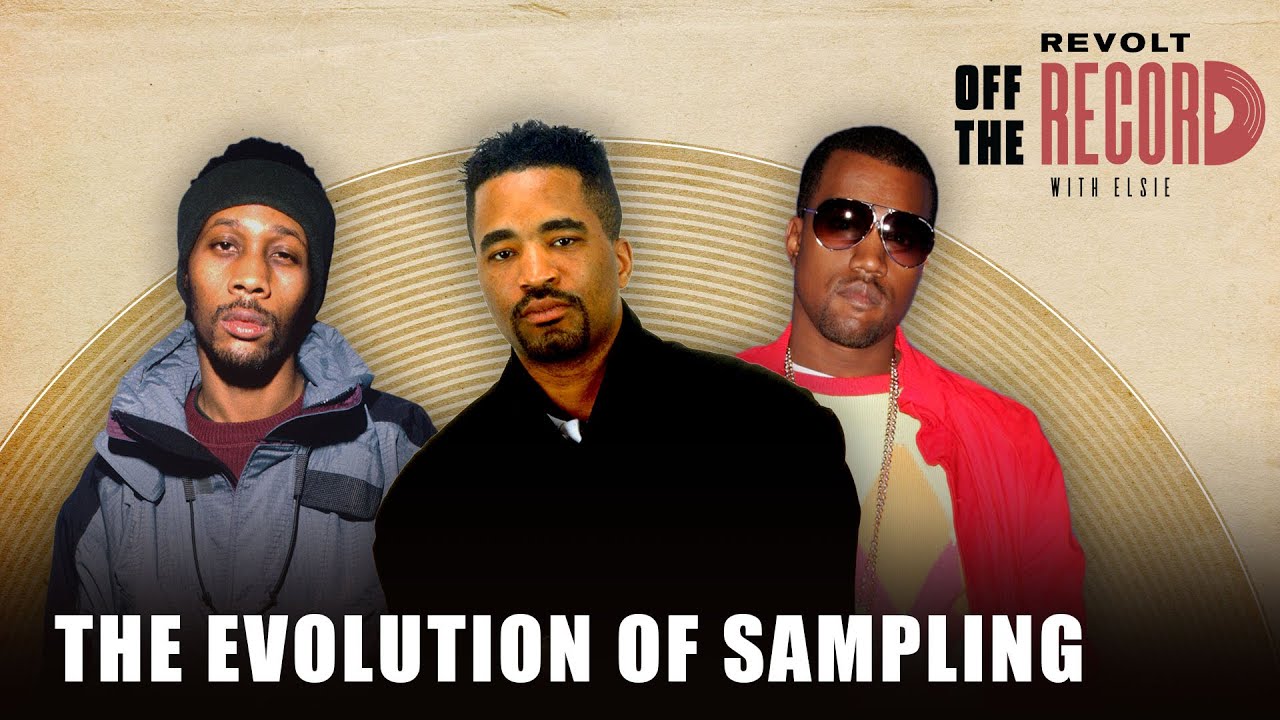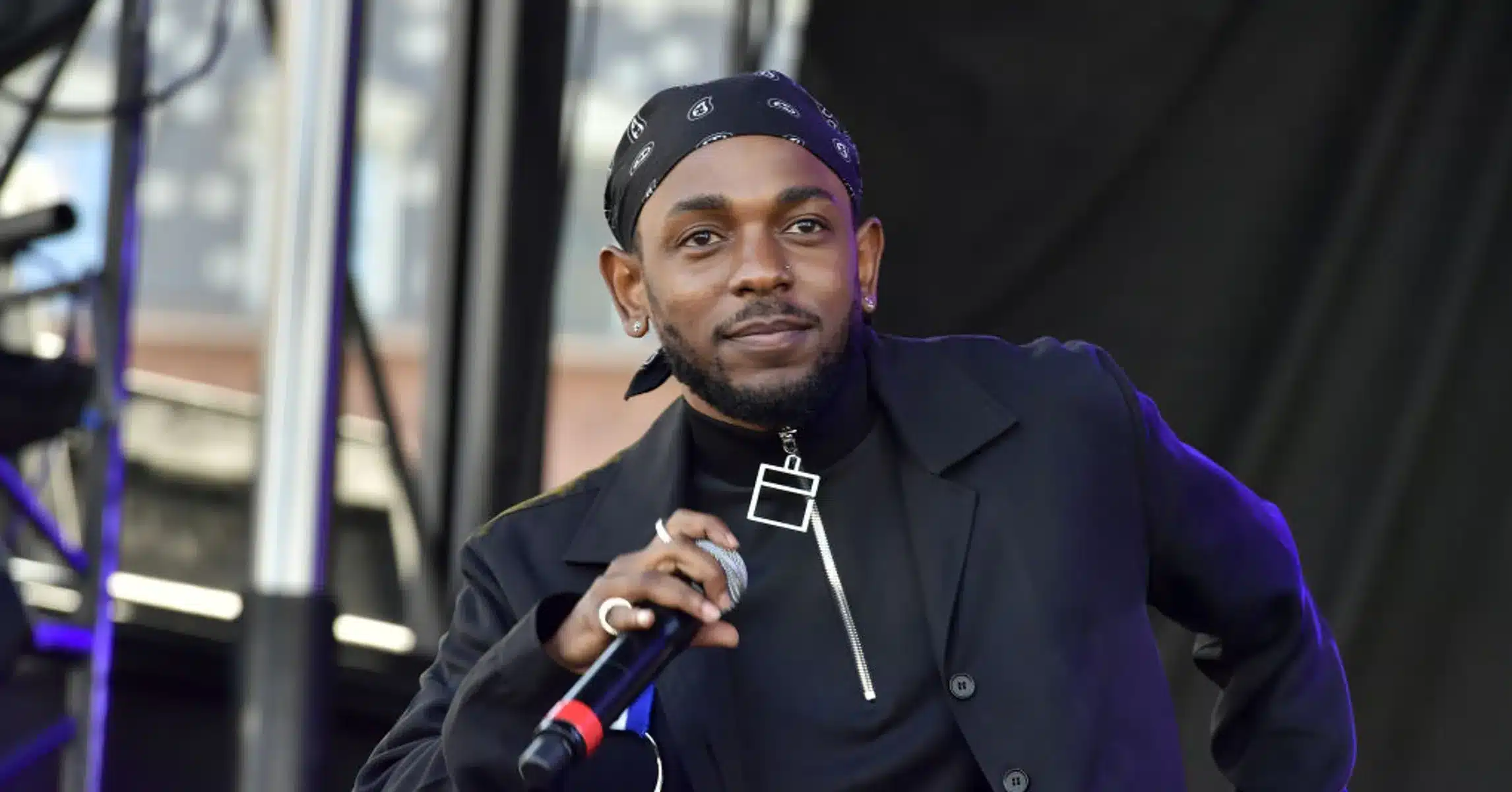Hip-hop may have started in parks, but its roots dig deeper into global sounds.
- Sampling revolutionized hip-hop, allowing for a fusion of global musical influences.
- Marley Marl’s accidental discovery of sampling reshaped the genre’s future.
- Tech advancements like synthesizers paved the way for samplers, transforming music production.
- Modern hip-hop continues to evolve with producers drawing on a vast array of genres.
While many say hip-hop began in the parks, the truth is its cultural roots spread through the magic of sampling. This technique allowed producers to pull from diverse global sounds, crafting new creations from existing pieces.
The iconic track ‘Rapper’s Delight’ by the Sugarhill Gang highlighted the early sampling techniques, utilizing ‘Good Times’ by Chic. Although it was more of a remix, it set the stage for a more complex sampling process that would soon evolve.
Marley Marl’s contribution to hip-hop came about by chance. While experimenting in the studio, he stumbled upon a snare drum sound from another record and decided to use it. This marked the inception of deliberate sampling in hip-hop, changing the landscape forever.
Studio technology has always played a key role in music production. The introduction of the Moog synthesizer in 1964 was groundbreaking, replicating the diverse sounds of instruments with ease. This paved the way for samplers, allowing artists to record and manipulate any sound they desired.
In the late ’70s and early ’80s, sampling was not widely understood. Yet, creatives like Marley Marl began weaving this technique intricately into hip-hop music. By the mid-80s, using equipment like the Roland TR-808, he produced sounds for major artists, incorporating music from greats like James Brown, whose extensive use of drums made him one of the most sampled artists in hip-hop history.
As sampling gained popularity, producers like Q-Tip, DJ Premier, and the RZA expanded sampling’s horizons, incorporating jazz, soul, and more. The technique evolved with technology, with new equipment such as the Akai MPC redefining how producers created beats.
Sampling has influenced music beyond hip-hop, as seen in numerous genres today. The craft has been refined to an art form, using software like Fruity Loops to create innovative sounds. The industry has also adjusted legally to ensure artists receive due compensation while encouraging creative sampling practices.
Today’s producers like The Alchemist and Metro Boomin uphold the tradition, drawing inspiration from eclectic sounds worldwide. Their work reflects how sampling continues to be a vital force in music creation.
Sampling remains a cornerstone of hip-hop, continually pushing creative boundaries in music.




